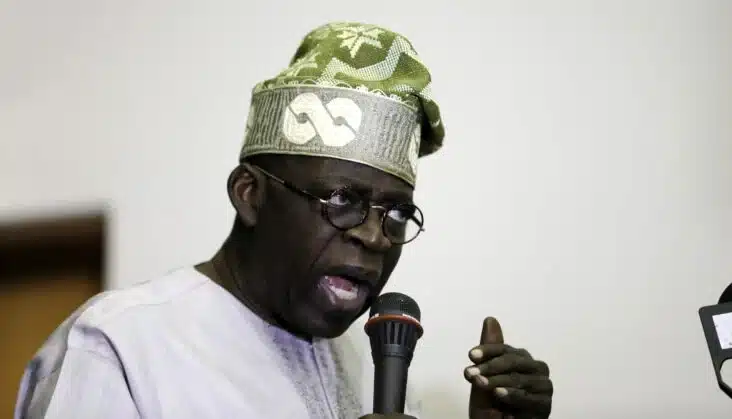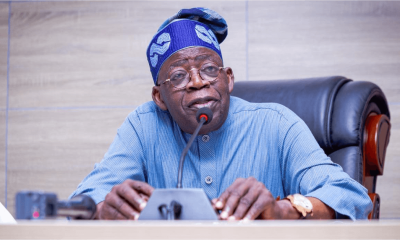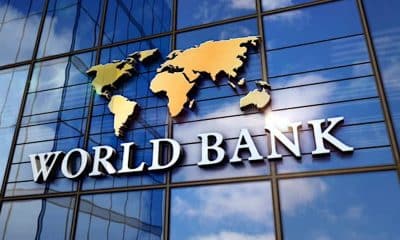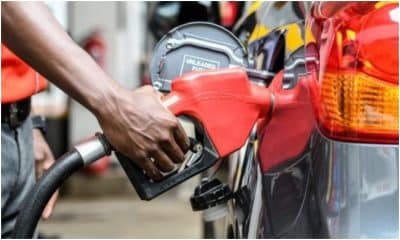Business
Tinubu’s Govt To Commence Repayment Of $800 Million World Bank Subsidy Palliative Loan

The incoming administration of the President-elect, Bola Tinubu would be the first to commence the repayment of the $800 million loan approved by the World Bank as a subsidy palliative for the proposed removal of fuel subsidy.
Naija News understands that in the financing agreement document for the National Social Safety Net Programme – Scale Up between the Federal Republic of Nigeria and the International Development Association of the World Bank, repayment of the loan is to start in January 2027.
This means that the Tinubu administration which would be inaugurated on May 29 would be the first government to make the first instalment of the loan.
It was gathered that in the financing document obtained by The Punch, payment dates are slated for January 15 and July 15 in each year, starting from January 15, 2027, with payments in dollars.
As stipulated in the said document, the repayment will be made in instalments, with the first payment due on January 15, 2027, and the last payment due on July 15, 2051.
It would be recalled that the Minister of Finance, Budget and National Planning, Zainab Ahmed during last week’s FEC meeting disclosed that the Federal Government had secured $800m from the World Bank to provide post-petroleum subsidy palliatives for over 50 million Nigerians ahead of June 2023 when it plans to remove fuel subsidies.
The loan was taken to cushion the effects of the proposed removal of subsidy which the federal government has been announcing and it would lapse till June 30, 2024.
This development has bothered finance experts considering the debt stock of the country at the moment.
However, in the document signed by the Nigerian finance minister and the World Bank Country Director for Nigeria, Shubham Chaudhuri, on August 16, 2022, it was revealed that the loan was concessional financing.
The document also showed that the World Bank said concessional finance is below-market-rate finance provided by major financial institutions, such as development banks and multilateral funds, to developing countries to accelerate development objectives
The document revealed that while the first payment will be 1.65% of the principal amount, the last payment will be 3.40% of the principal amount.
The $800m loan obtained by the Federal Government attracts a maximum commitment charge rate of one-half of one per cent per annum on the Unwithdrawn Financing Balance, and a service charge of three-fourths of one per cent per annum on the withdrawn credit balance, according to the document.
It also disclosed that the interest charge is one and a quarter per cent per annum on the withdrawn credit balance, and a percentage of the principal amount of the loan is expected alongside the other charges, which will increase over time.
Explaining how the loan would be distributed to the target audience, the finance minister said in a Punch report that the federal government would deploy Point-of-Sales agents for cash transfers during the National Social Safety Net Programme Scale Up.
According to the National FinTech Strategy document obtained from the website of the CBN, “The central bank can use a pre-programmed eNaira to pay intended beneficiaries on the social register, which could be accepted only for a specific purpose and at specifically authorised locations.
“This use case will ensure the proper use of social funds, ensure high-quality data can be collected on the performance of these programs, and help to prevent leakage or diversion of funds. This capability could be extended to other use cases in financial services and related ecosystems, where there exists a priority to maintain the integrity of funds and the purpose for which it is used.”












